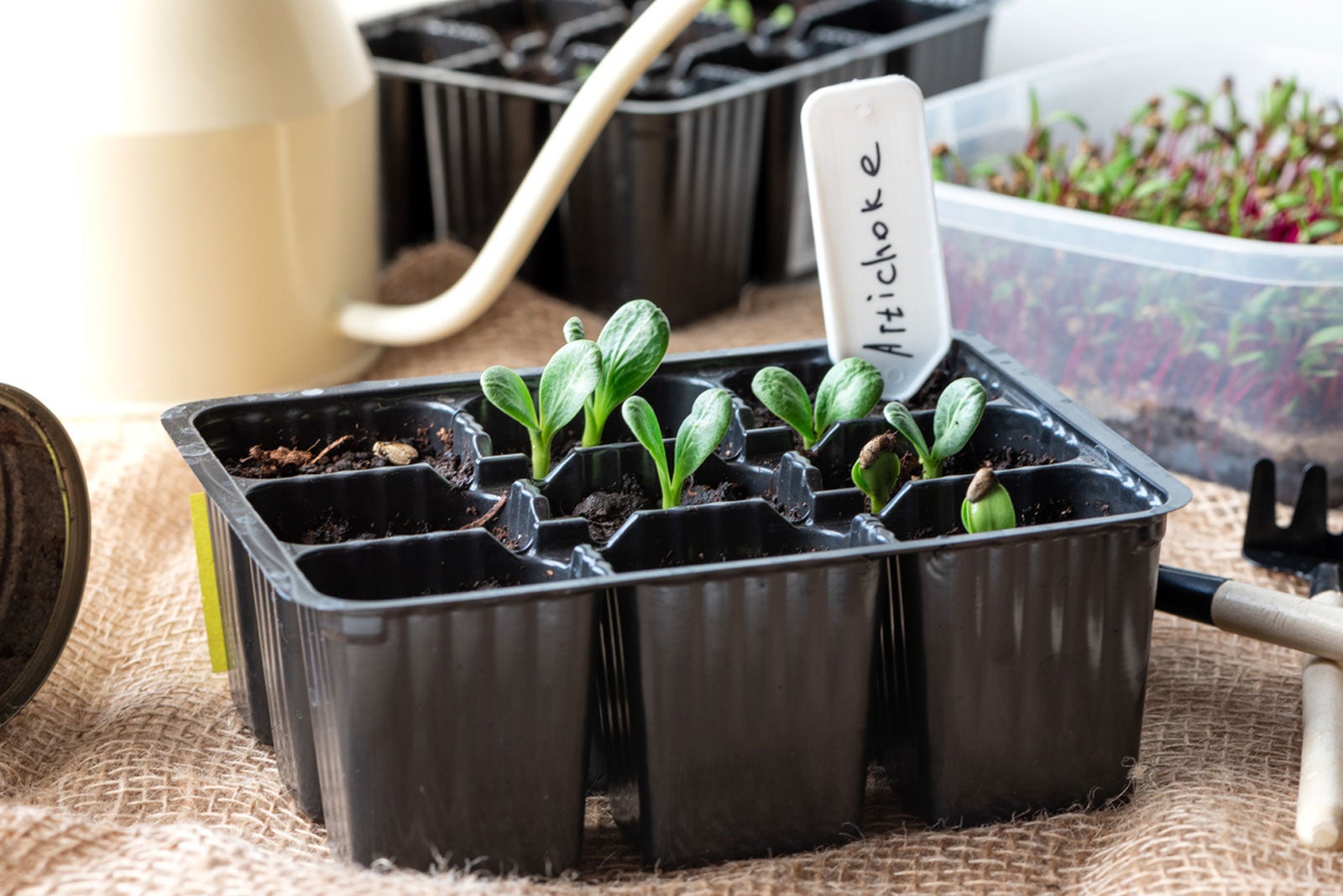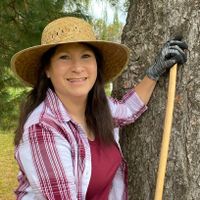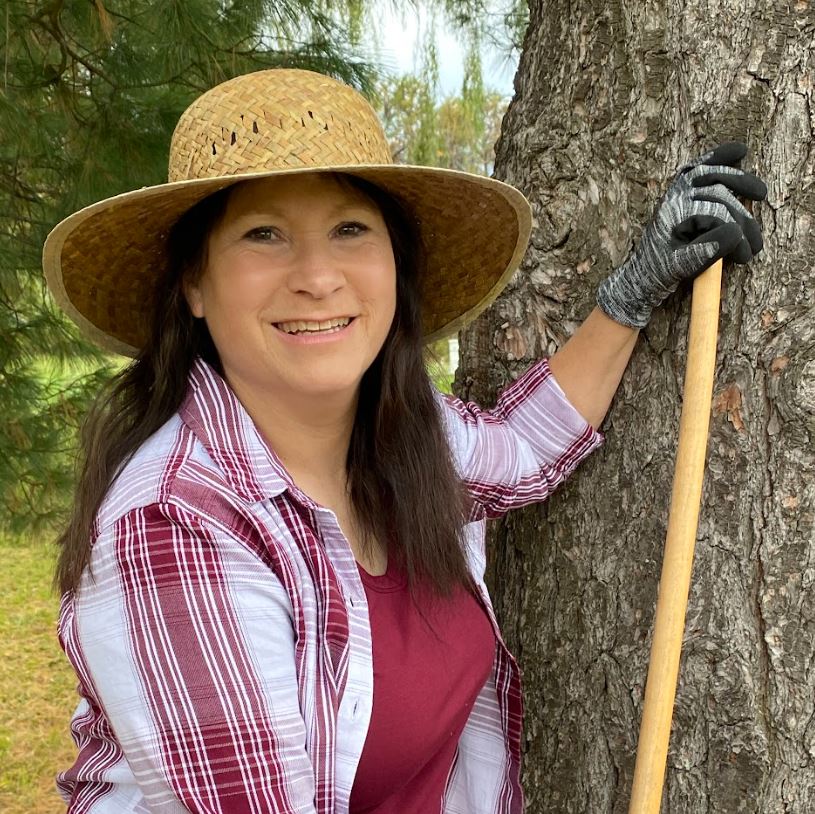Artichoke Plant Propagation – How To Propagate An Artichoke


Artichoke (Cynara cardunculus) has a rich culinary history that dates back several centuries to the time of ancient Romans. The propagation of artichoke plants is believed to have originated in the Mediterranean area where this perennial thistle was considered a delicacy.
How to Propagate an Artichoke
As a tender perennial, artichokes are winter hardy in USDA zones 7 through 11. Modern-day gardeners wishing to cultivate artichokes in other climates can do so by planting artichoke from seeds and growing them as annuals. Rooting artichoke cuttings is another method of artichoke plant propagation and is used in areas where they can be grown as perennials.
Planting Artichokes from Seeds
When growing artichokes as an annual crop in cooler climates, it's best to start the seeds indoors approximately two months before the last frost date. It was long believed artichokes grown from seed were inferior to those propagated by rooting cuttings. This is no longer the case. Follow these tips for successfully planting artichokes from seeds:
- Use a quality seed starter soil mix. Plant seeds to depth of ½ inch (13 mm.). Moisten the soil with warm water. Germinate artichokes at 60-80 degrees F. (16-27 C.). Periodically fertilize the seedlings according to product directions.
- Transplant outdoors after the last frost, when the plants have two sets of leaves and have reached a height of 8 to 10 inches (20.5-25.5 cm.) tall.
- Plant in fertile, rich, well-draining soil. Choose a location which receives full sun. Space artichokes three to six feet (1-2 m.) apart.
- Avoid planting too deep. Plant the top of the root ball level with garden soil. Pat the soil firmly around the artichoke and water.
Rooting Artichoke Cuttings
Planting artichokes from seeds can also be used to establish perennial beds in areas where they are winter hardy. Artichokes reach peak production in their second year and continue to produce for up to six years. Mature plants will send up one or more offshoots which is an alternative method of artichoke plant propagation:
- Allow the offshoot to reach a height of 8 inches (20.5 cm.) before removing it from the mature plant. The ideal time to remove offshoots is during the fall or winter dormancy period.
- Use a sharp knife or spade to separate the roots of the offshoot from the mature plant. Take care not to damage the roots of either plant.
- Use the spade to dig in a circle around the offshoot to loosen it from the soil. Carefully remove the offshoot and repack the soil around the mature plant.
- Choose a sunny location with fertile, well-draining soil to plant the offshoot. Artichokes need room to grow. Space perennial plants 6 feet (2 m.) apart.
Harvest artichokes when the lowest bract on the bud begins to open. In warmer climates with a longer season, harvesting two crops per year is possible.
Sign up for the Gardening Know How newsletter today and receive a free copy of our e-book "How to Grow Delicious Tomatoes".

Laura Miller has been gardening all her life. Holding a degree in Biology, Nutrition, and Agriculture, Laura's area of expertise is vegetables, herbs, and all things edible. She lives in Ohio.